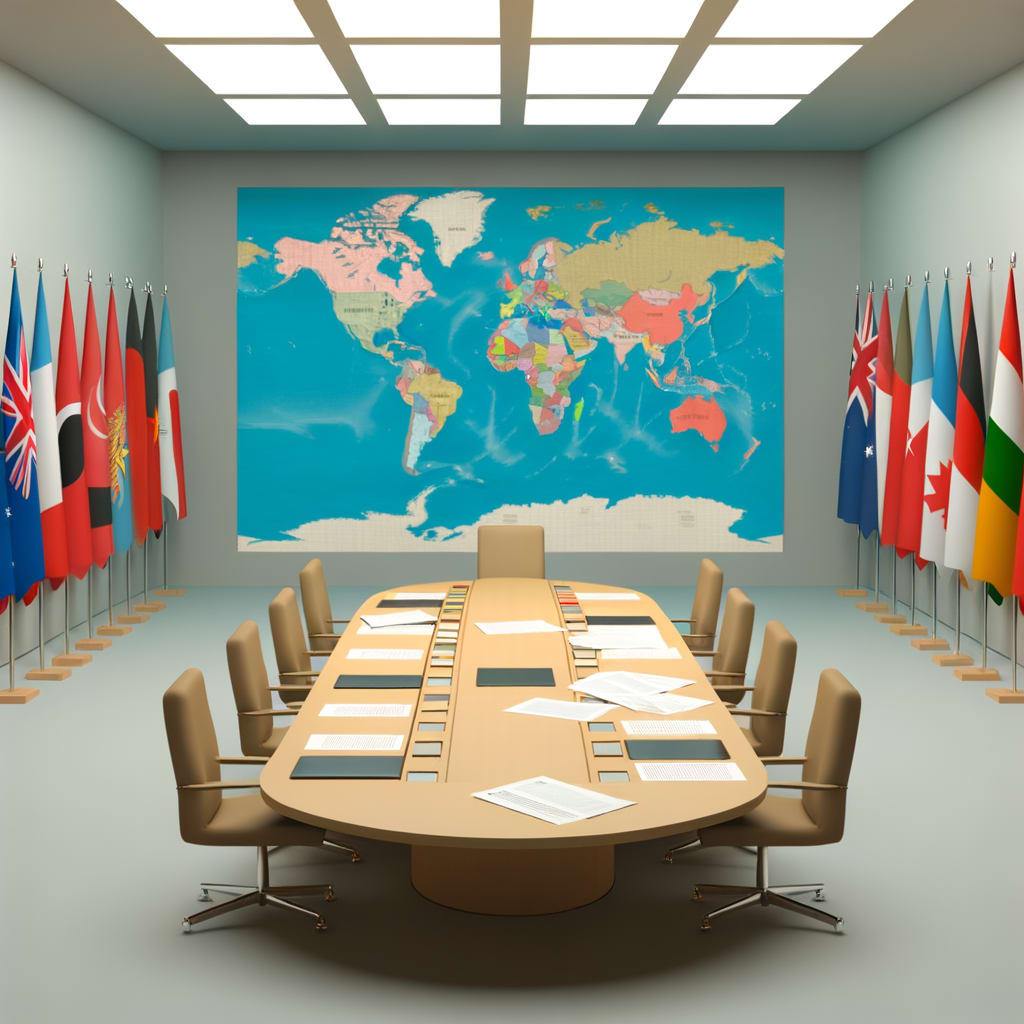Trump, Putin, Zelenskyy Talks on Ukraine: Progress Made Amid Skepticism
World leaders recently convened to discuss the ongoing tensions in Ukraine, with President Donald Trump playing a key role in facilitating talks between Russian President Vladimir Putin and Ukrainian President Volodymyr Zelenskyy. While some concessions were reportedly made by Russia during the summit, skepticism remains regarding Putin's intentions and the potential for a lasting peace deal.
Background and Context
The conflict in Ukraine has been a contentious issue on the global stage, drawing in world leaders in an attempt to broker a resolution. As reported by TASS, Trump has been pushing for a meeting between Putin and Zelenskyy, believing that direct negotiations could pave the way to peace. This approach was echoed by ANSA, stating Trump's belief that Putin is seeking a global deal rather than a mere truce.
Key Developments
The Alaska summit has reportedly led to robust
concessions from Putin, according to U.S. Special Envoy for Peace Missions Steve Witkoff, as quoted by Fox News. He also stated that Russia agreed to not violate any European borders or take more land from Ukraine after a peace deal. However, Deutsche Welle's report highlighted Zelenskyy's skepticism about Moscow's intentions.
Criticism of Putin's stance was also voiced by Sylvie Kauffmann, editorialist at 'Le Monde', who suggested that Putin might only pretend to negotiate without intending to reach a conclusion. Meanwhile, TASS reported that Putin's envoy, Kirill Dmitriev, expressed hope for problem-solving and peace in upcoming talks.
Implications and Reactions
The talks have generated varied reactions. BBC News questioned what each side would regard as a win from the White House talks, while Japan Times suggested that severe measures
might be required to keep Moscow at the bargaining table. Turkish President Erdogan expressed support for the talks and pledged to promote peace in Ukraine, as reported by TASS.
However, New York Times argued that the real barrier
to peace in Ukraine is Putin, echoing Clarin's report that despite the U.S.-Russia summit in Alaska, no ceasefire agreement was reached. Meanwhile, Corriere della Sera stated that Trump has signed the agreement, marking great progress,
but cautioned that it was still far from peace.
Current Status
As the talks continue, the world awaits to see if the negotiations will lead to a meaningful resolution. The former U.S. ambassador to Moscow, quoted by La Repubblica, insisted that a peace agreement would require mechanisms to ensure its effectiveness. Zelenskyy, having arrived in Washington for the crucial meeting, as reported by Clarin, warned of the challenges ahead.
In conclusion, while progress has reportedly been made in the talks, skepticism remains about Moscow's intentions and the potential for a lasting peace agreement. The world watches as leaders seek to navigate the complex geopolitical tensions and work towards peace in Ukraine.

